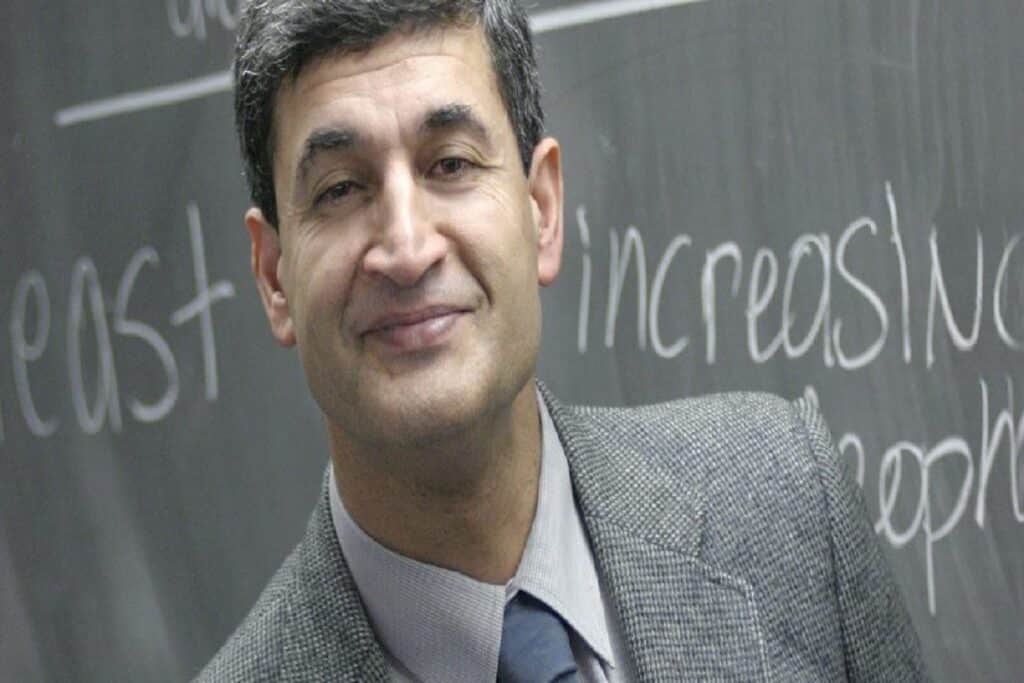During the relocation of Macdonald Campus in 1978, lab manager in the Department of Food Science and Agricultural Chemistry Ebrahim Noroozi was tasked with the transfer of thousands of chemicals. That year, the campus was moved from its old buildings in the John Abbott College complex to its current location. Not all of the chemicals made it to the new buildings, however, as many were long expired.
“There were chemicals from before World War I, from 1905,” Noroozi said in an interview with The McGill Tribune. “You’d go to every corner, and there were a lot of chemicals, a lot of hazards, a lot of pesticides.”
This undertaking at Macdonald Campus was one of many experiences that contributed to Noroozi’s interest in occupational health and safety. He went on to dedicate his career to promoting safe practices, both through his position as the lab supervisor for the Department of Food Science and Agricultural Chemistry and through educating others in workshops and lectures.
The progression of Noroozi’s career has coincided with an increased interest in safety, both in industrial and academic settings. Today, hazardous chemicals are no longer left forgotten for years in the far reaches of Macdonald Campus buildings.
Noroozi explained that the Waste Management Program, which operates under the Environmental Health and Safety unit at McGill, collects regular chemical waste bi-weekly. This type of waste is made up of corrosive chemicals and solvents, such as hydrochloric acid and sodium hydroxide, that are collected in 25-litre plastic disposal jugs. At collection time, physical hazards are also gathered, as well as radioactive waste, including solid waste such as latex gloves and glass pipettes that have handled liquid radioactive waste. Biohazardous waste, which contains infectious or potentially infectious material including human tissue, animal waste, and microbiological waste, is collected as well.
However, some chemicals cannot be collected in these jugs. In the case of a cracked bottle, expired chemical, or solid substance, hazardous waste is stored in the lab until it is packed up for an annual collection. Should the substance be explosive or otherwise require immediate removal, labs can call on the waste management team.
“If it’s urgent, even for a bottle, they may come to pick it up,” Noroozi said. “Or if it’s a large amount which occupies a lab.”
Noroozi has always associated safety with sustainability in his labs. Over the years, he has encouraged researchers to share chemicals between their labs and scale down certain experiments to prevent the use of excess chemicals. He has also developed chemical recovery systems.
“In some labs, students […] do an extraction and distillation [a boiling process that separates substances from a liquid], and I can reuse the same substance and redistill it later on for another group because they’re not going to drink it or test it,” Noroozi said.
While Noroozi’s efforts to bring safe and sustainable initiatives into his workplace stands out as an impressive example to other scientists, he stresses that the work and dedication of others is essential. He can provide information and management strategies, but everyone must play their part to contribute to a safe working environment.
“I am not a policeman,” Noroozi said. “Safety is a shared responsibility. So that is what we promote […], not acting like the police. Encourage, so people see the benefit of it and try to do it.”
Written by Margot Maclaren on September 10, 2019

